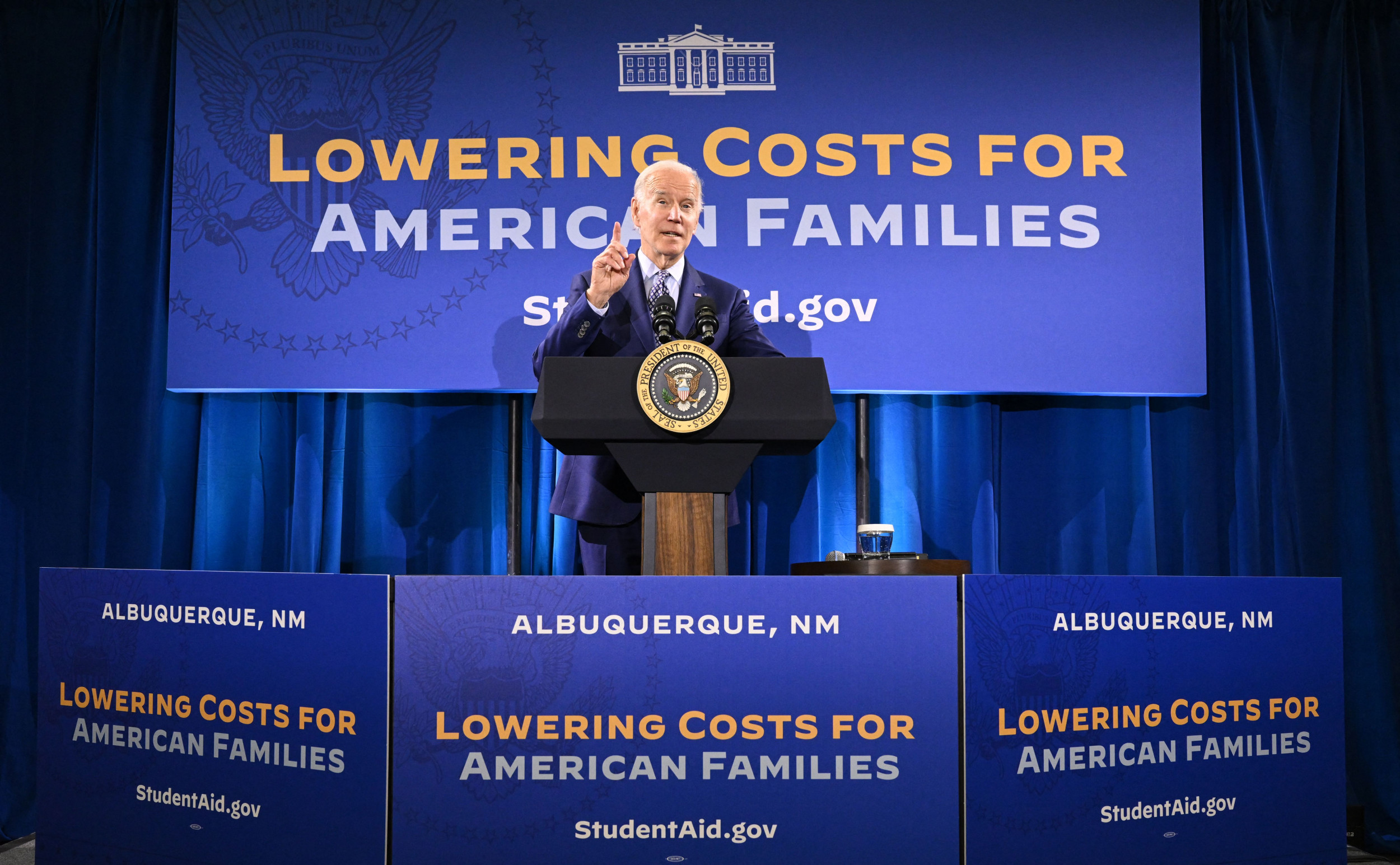America's presidential election next week coincides with the 45th anniversary of the 1979 U.S. Embassy hostage crisis, evoking memories of tense relations between Tehran and Washington.
With ongoing regional conflicts and a struggling economy, many Iranians view the political landscape with trepidation as they weigh the implications of voting outcomes for their own country.
Iran remains deeply entangled in the Mideast conflicts, where its allies are feeling the heat as Israel intensifies its military actions in Gaza, targeting Hamas, and ramping up assaults in Lebanon against Hezbollah.
Recently, Israel retaliated against Iranian ballistic missile strikes, raising fears of escalating hostilities.
Economic pressure mounts as Iran's currency, the rial, hovers near record lows due to international sanctions linked to its nuclear ambitions, which involve enriching uranium closer to weapons-grade levels.

Women in Iran continue to defy the mandatory hijab law, a reflection of ongoing discontent following the 2022 death of Mahsa Amini.
Amid these tensions, the U.S. election has prompted varied opinions among Iranians regarding whether Vice President Kamala Harris or former President Donald Trump would better serve their national interests.
Perspectives on U.S. Politics
Sadegh Rabbani, 65, expressed skepticism about the potential for change: "All U.S. presidents elected after the (1979) revolution had the same views about Iran and I think that's unlikely to change." Both Harris and Trump have articulated tough stances on Iran, further complicating the political dynamics.
Trump's withdrawal from the nuclear deal in 2018 initiated a series of confrontations in the Middle East.

Meanwhile, Harris has pledged unwavering support for Israel, particularly in relation to threats posed by Iran. In a recent debate, she asserted her commitment to ensuring Israel's security.
The Biden administration's attempts at indirect negotiations yielded limited results, although a prisoner swap in September 2023 allowed five Americans to return home.
Generational Divisions
Young Iranians like Zahra Rezaei, 22, lean toward a Harris victory, viewing her as a departure from Trump's "anti-Iran policy."
"It is time for a woman … I think she (Harris) will be better since she is not after war," she said. Conversely, some, like Mohammad Ali Raoufi, 43, argue Trump might secure a swift deal with Iran. "The Biden administration including Harris failed to reach any (deal) with Iran," he stated.
Worries about a direct U.S.-Iran conflict loom large, especially if Trump wins.
Ahmad Moradi, 53, warned that a Trump presidency could almost guarantee war. Conversely, other voices suggest that Harris's gender might hinder her negotiating capabilities.

Hope for Change
Iran's reformist President Masoud Pezeshkian, elected in the wake of a helicopter crash that killed former hard-line President Ebrahim Raisi, promises to pursue a deal to alleviate Western sanctions. However, Tehran desires a shift in U.S. policies that respect its sovereignty as well.
Despite these hopes, analysts caution that fruitful U.S.-Iran discussions may remain elusive, regardless of Tuesday's election outcome.
Abbas Ghasemi, 67, noted that Ayatollah Ali Khamenei has witnessed eight U.S. presidents and knows how to navigate the complexities of each administration.
This article includes reporting from The Associated Press









![SOURCE SPORTS: [WATCH] Mets Capt. David Wright Gives Interesting Insight On The Honor Of His Jersey Retirement In Citi Field](https://thesource.com/wp-content/uploads/2025/01/01fs75fy836w8mp4ytwr.webp)










 English (US) ·
English (US) ·